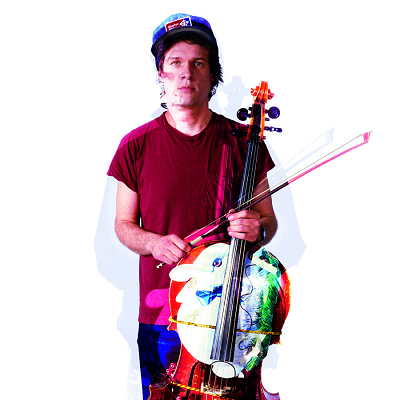3. Arthur RussellCalling Out Of Context

I’m interested in this because it’s a weaving together of an unfinished album, an unfinished Rough Trade recording; what do you think of this as an approach? Your most recent album had a really precise and clear emotional trajectory, a complete and unified thing. Can you get that with something posthumously woven together. What do you think?
Its a shame that we didn’t get to hear his exact concept for his recordings and that it had to be collated by others, but when I first heard this record I didn’t know that. I was just listening to this completely out of context and I didn’t know that until later! I made my own narrative around it. And to me it was just incredibly cohesive, coming at it from that unknowing place. And all I heard was his voice, and the way things had been recorded. The solo experimentalist in the bedroom, making understated dance music, and this meandering pop influence kind of makes its way through all these experiments. It’s not so overt, it’s going through. To me, the way he talks about love is expressed in a really melancholy way. At times it’s happy, but I think that his position in society – considering that the concept of love was very a difficult thing to hang onto in a normative way – and he expressed it in his own manner which borders on melancholic at time. And I really relate to that a lot. I don’t think it was the biggest influence on my record, but it’s been a big influence to me since I first heard it.
You said earlier that this album explores normative love being difficult to express… what do you mean by that?
Here we have this gay guy living in New York, it’s not the greatest time to be writing love songs about your life. People are still extremely discriminatory, it’s not easy to love at that time. So normative or heteronormative love is just not something that he’s writing about, and for me there was always a melancholic edge. To me, I always wondered, ‘what is this underlying sadness’? And not sadness as in dejectedness, but sadness as in this pensive, non-normative approach to lyrics, song construction, recording – it was really relatable for me as a young person. He achieves the emotion he’s trying to express really well in his music, which is love and loss stories. Something else I write about a lot in my research is how – for people who aren’t necessarily in normative positions in society – love songs are always bound up with so many other emotions and conditions, based on who they are. And sometimes love stories are also love and loss stories, or laments. And that’s kind of what I was getting at.


